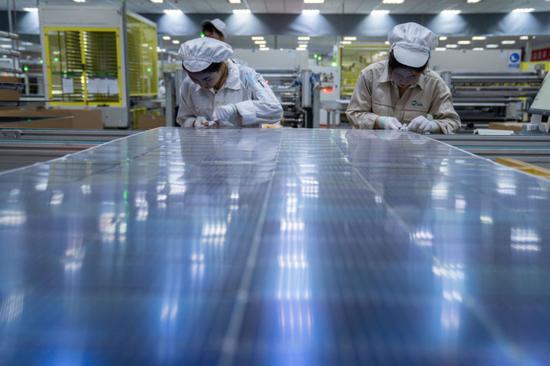
Employees work at a photovoltaic panel production facility in Hefei, Anhui province, in February. (RUAN XUEFENG/FOR CHINA DAILY)
On Friday, Beijing dismissed the so-called overcapacity claim by the United States as a false narrative which is another example of the U.S. engaging in protectionism and suppressing China's development.
Director-General of the Department of North American and Oceanian Affairs of the Foreign Ministry Yang Tao made the remarks when briefing reporters on U.S. Secretary of State Antony Blinken's three-day visit to China.
"I am afraid that the 'excess' is not China's production capacity, but rather America's anxiety," he told the briefing.
The U.S. has recently raised multiple concerns over China's so-called overcapacity and non-market practices.
Regarding the "overcapacity", Yang said that advantages in new energy vehicles, lithium batteries, photovoltaic products and other fields are not the product of Chinese government's subsidies, but the result of global market demand, technological innovation and full competition.
China's high-quality new energy products have made important contributions to accelerating green transformation, coping with climate change and alleviating inflationary pressure of other countries, he added.
When it comes to non-market behavior and unfair competition, Yang said the U.S. has introduced the Chip and Science Act and Inflation Reduction Act in the past two years which not only involve subsidies, but also contains exclusive and discriminatory provisions. "Is this market behavior?" Yang asked.
Yang also questioned: "The U.S. has also illegally sanctioned more than 1,500 Chinese entities and individuals under various pretexts. Is this fair competition?"








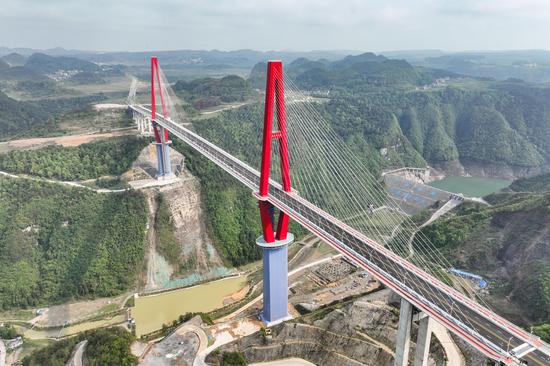
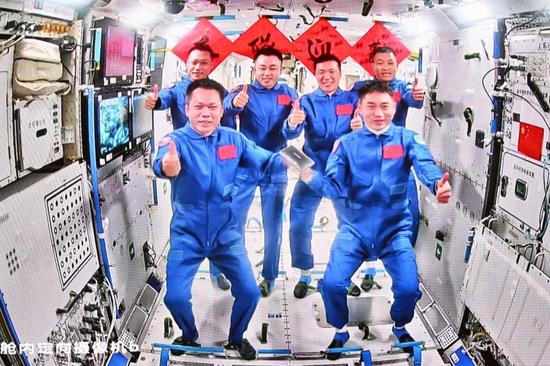
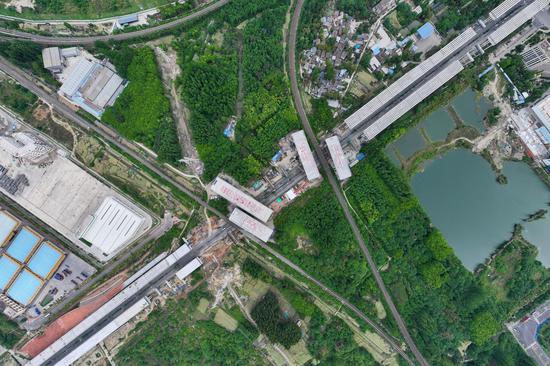

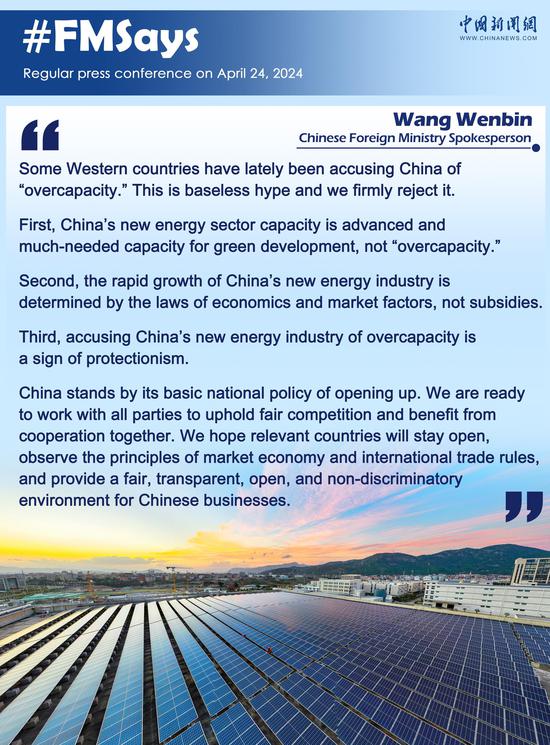
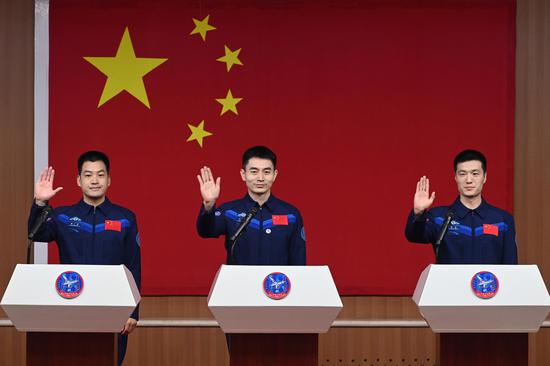
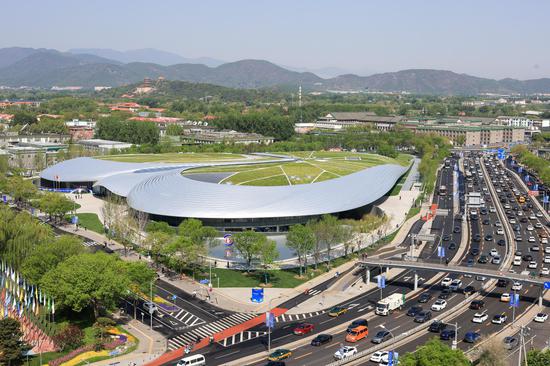
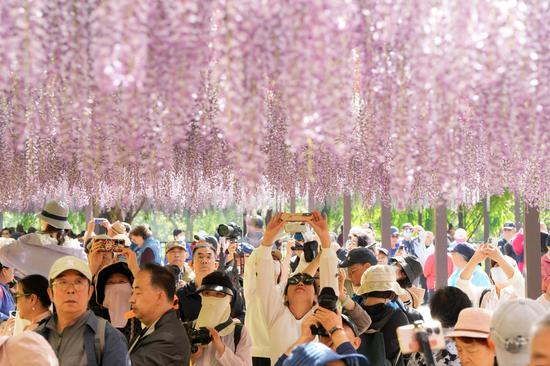
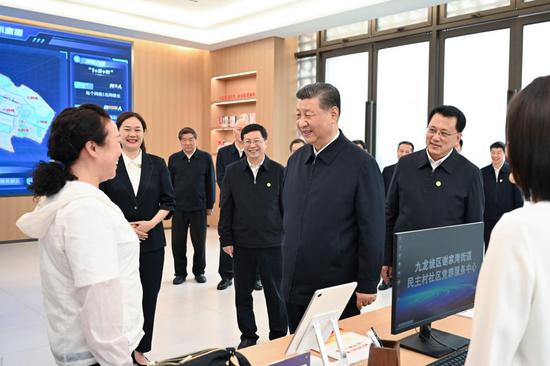
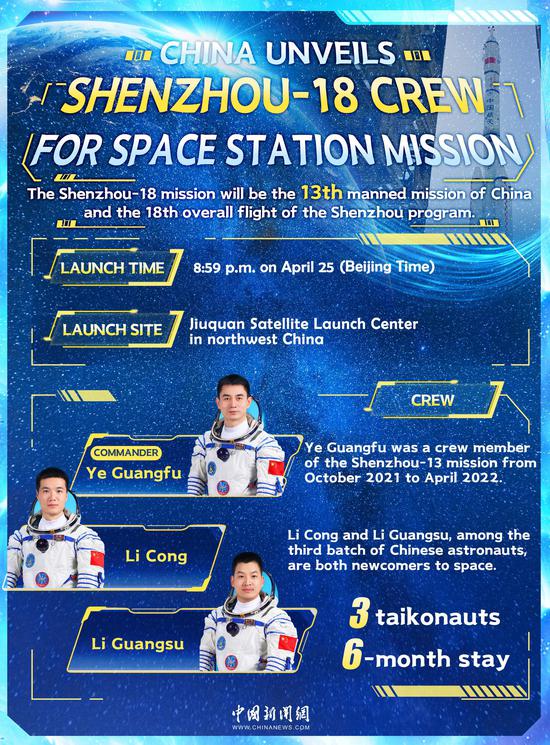
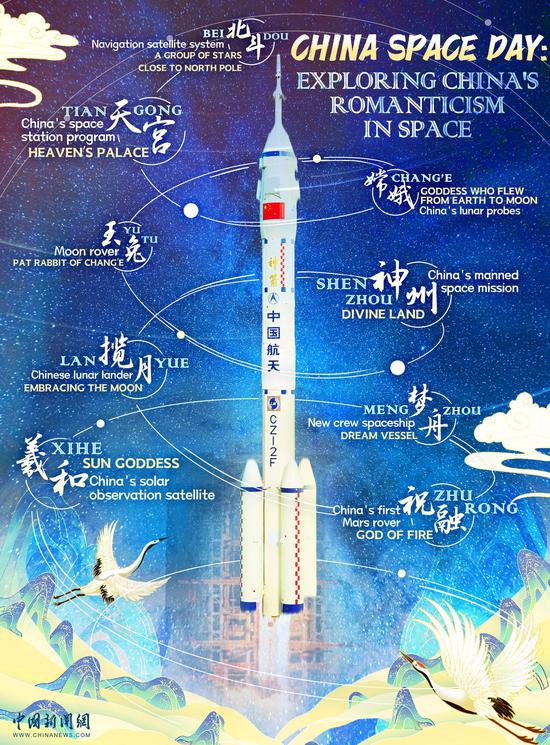
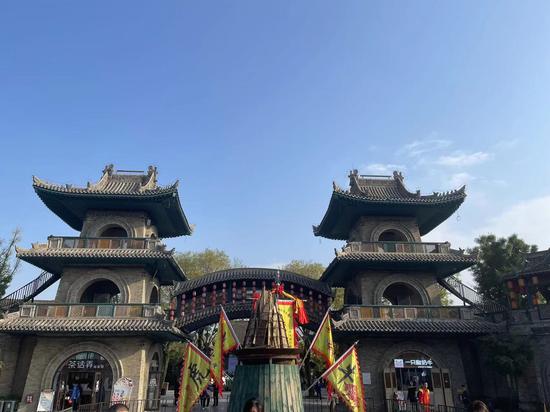

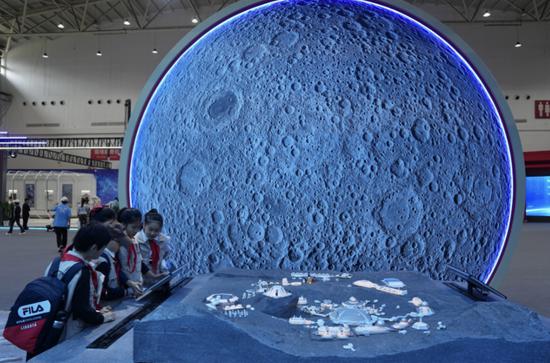
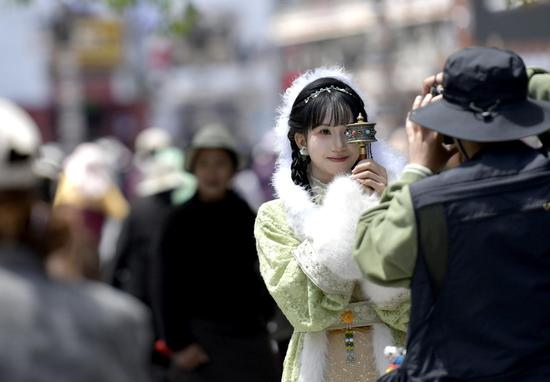
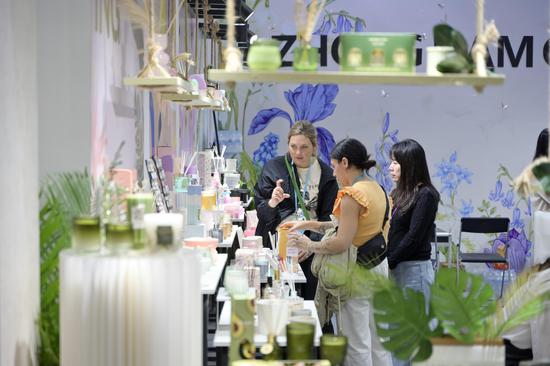
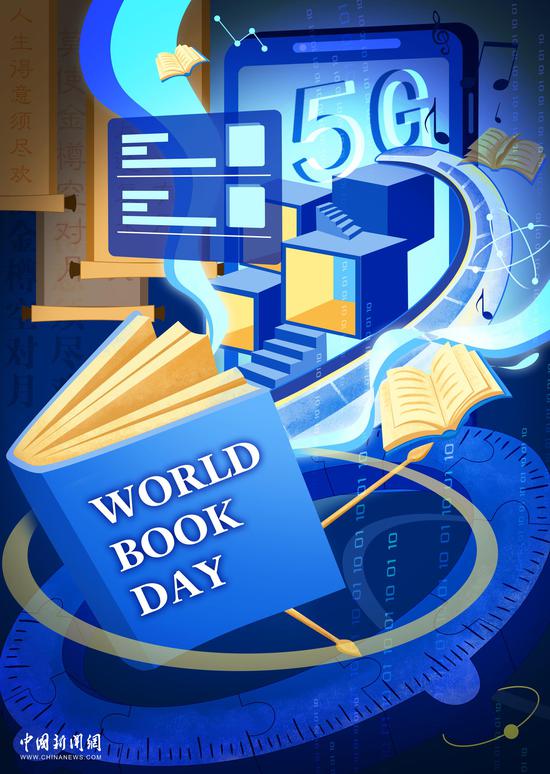

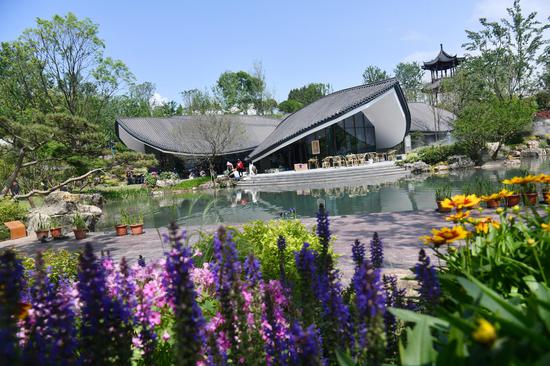
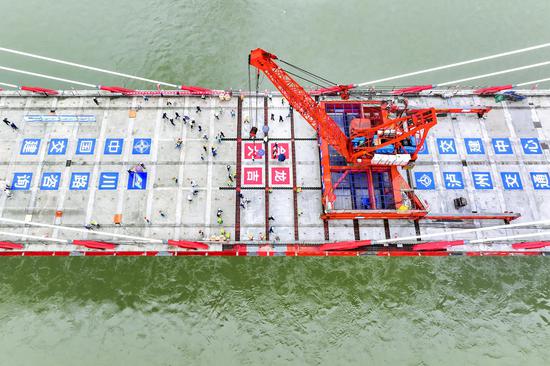

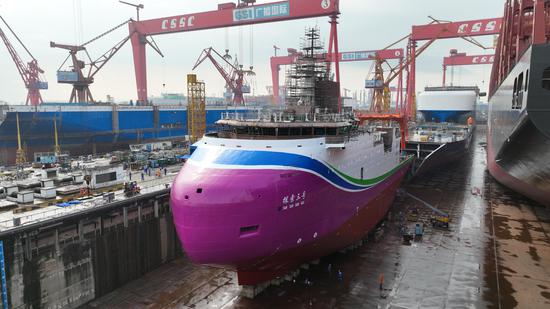
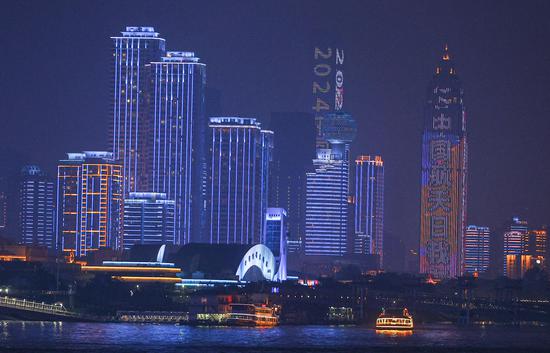
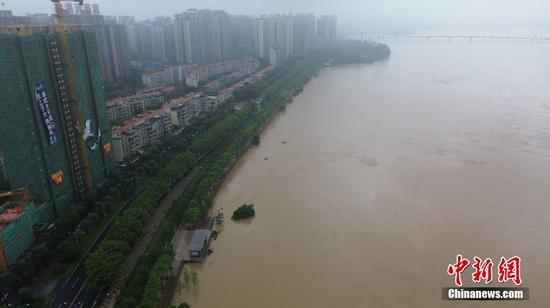
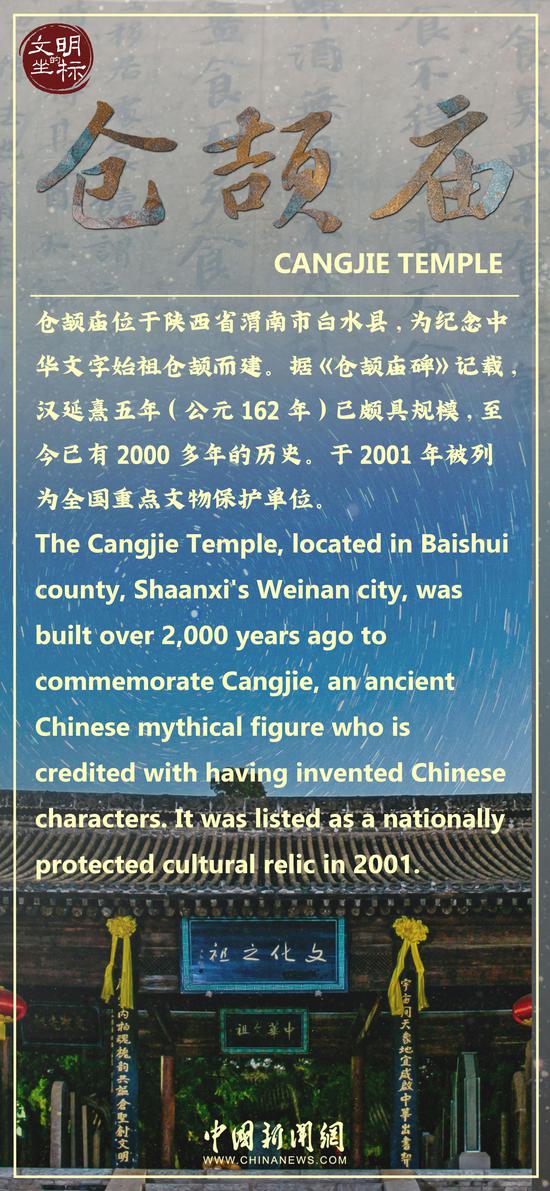
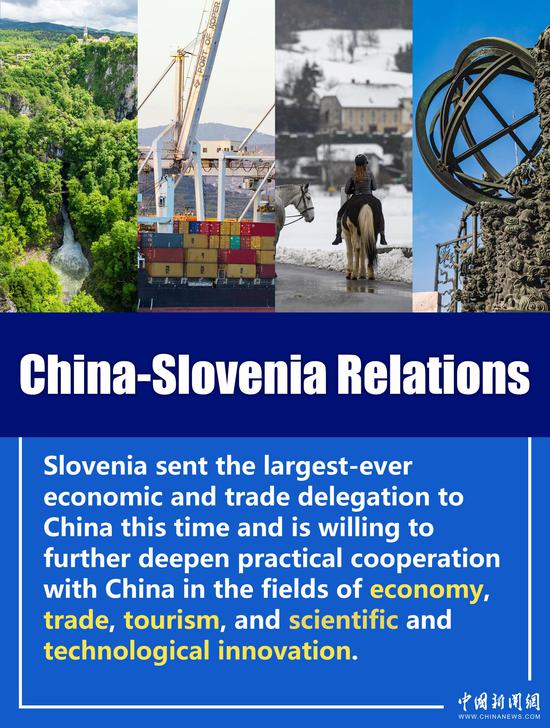
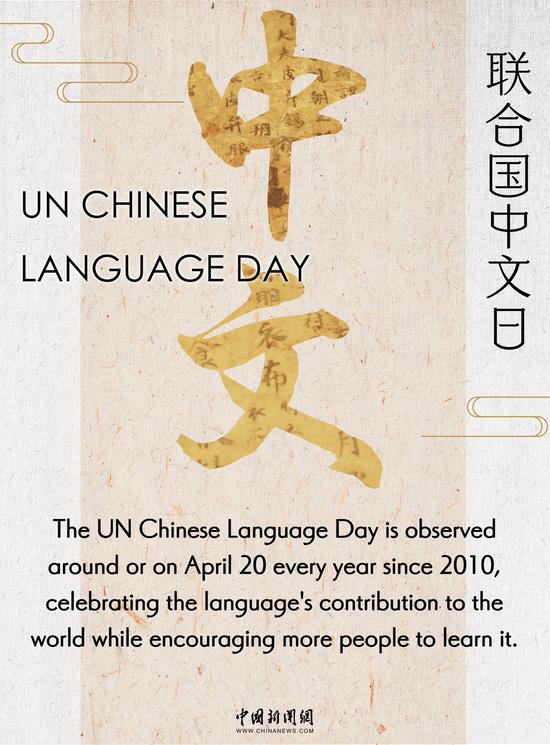
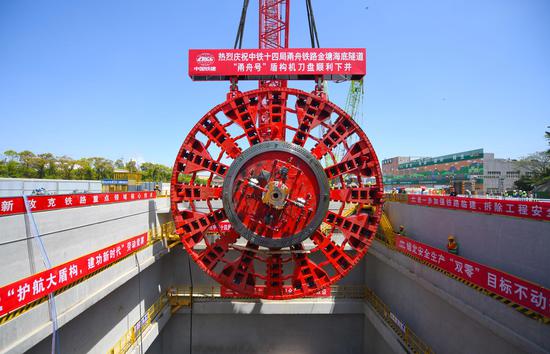
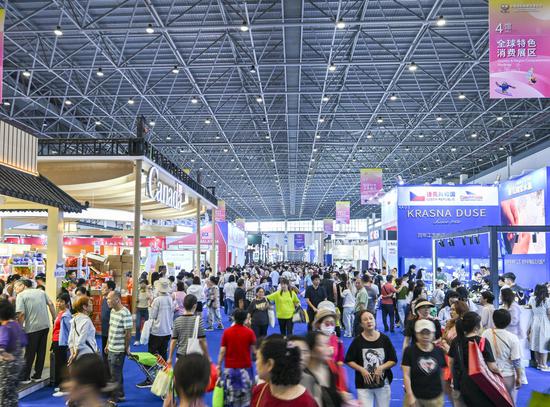
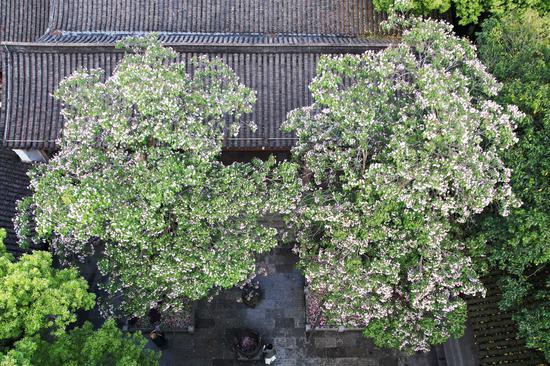
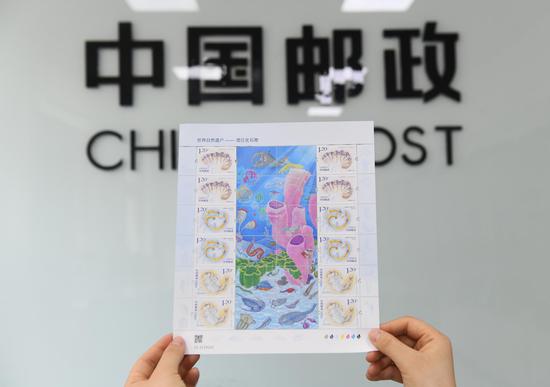
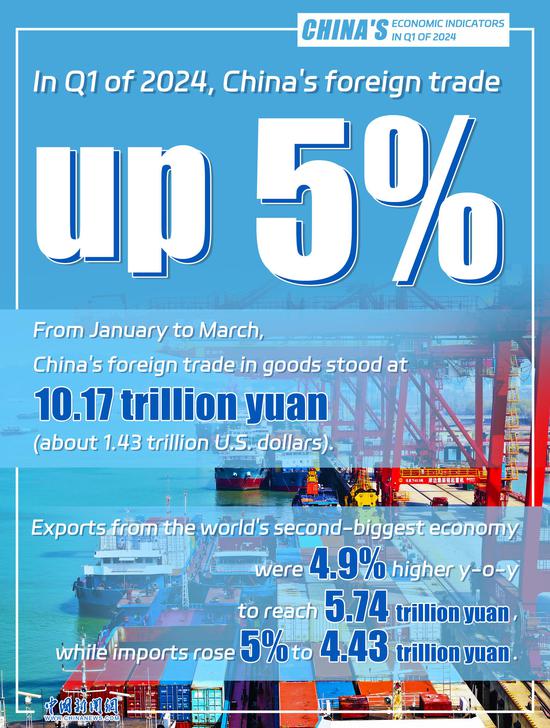
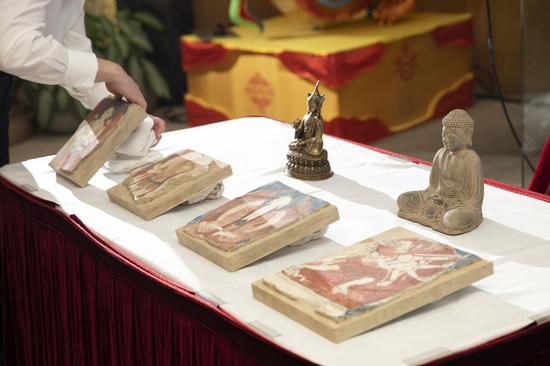


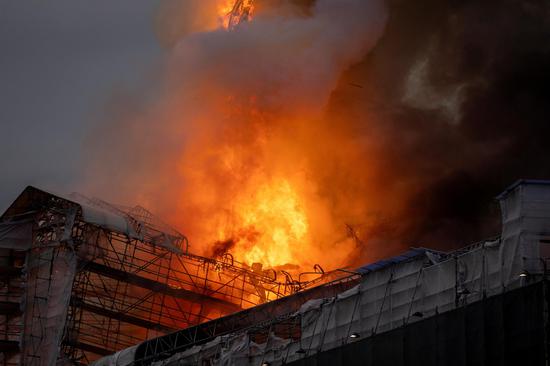
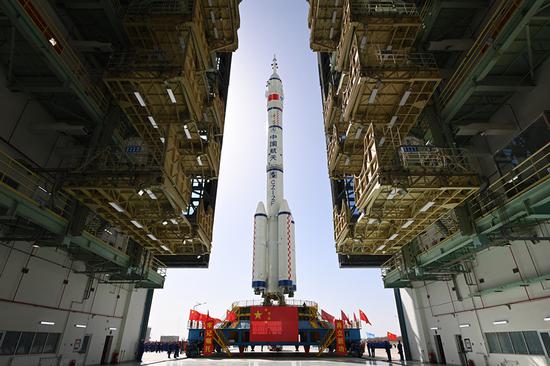

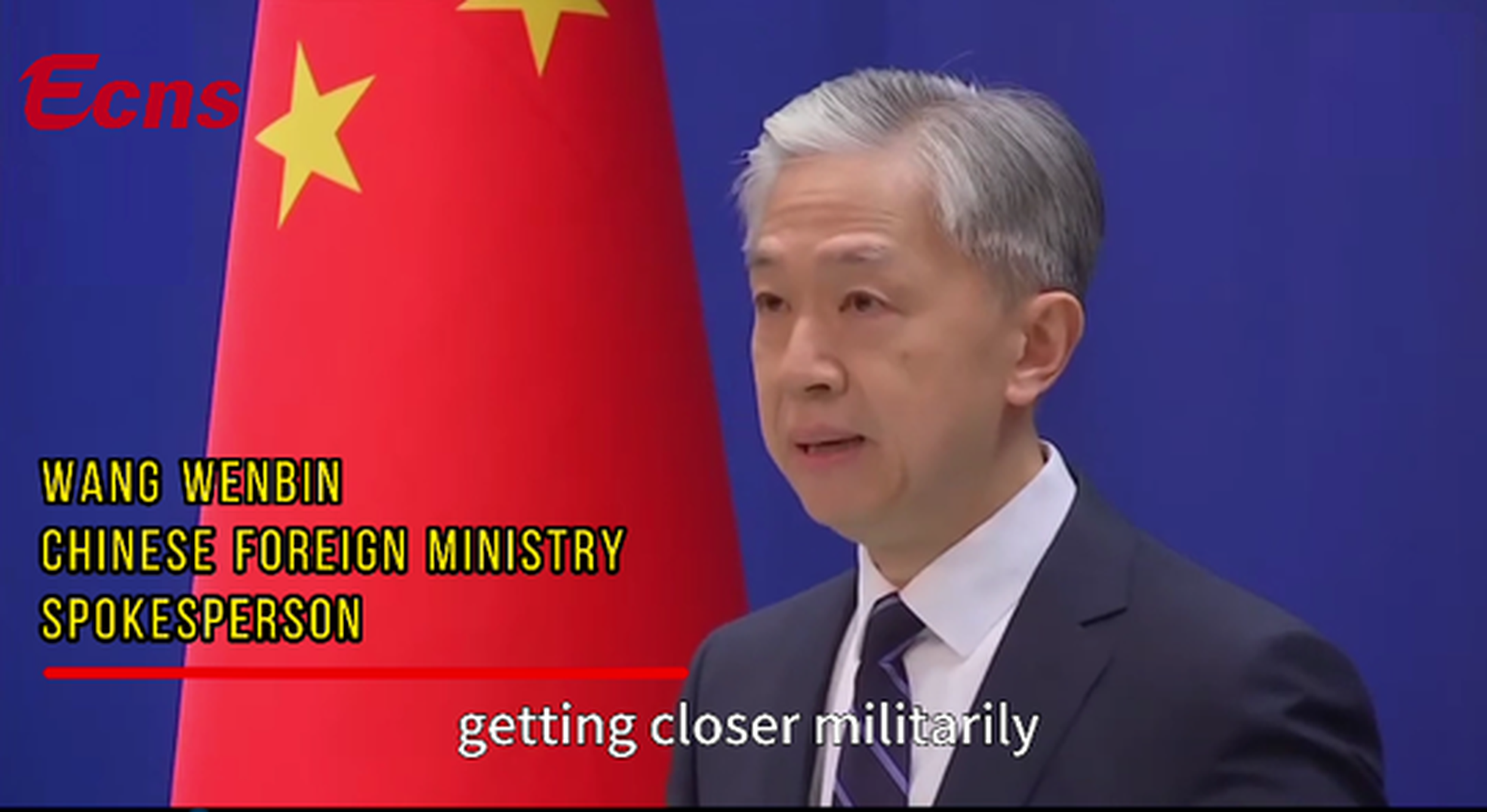



 京公网安备 11010202009201号
京公网安备 11010202009201号
